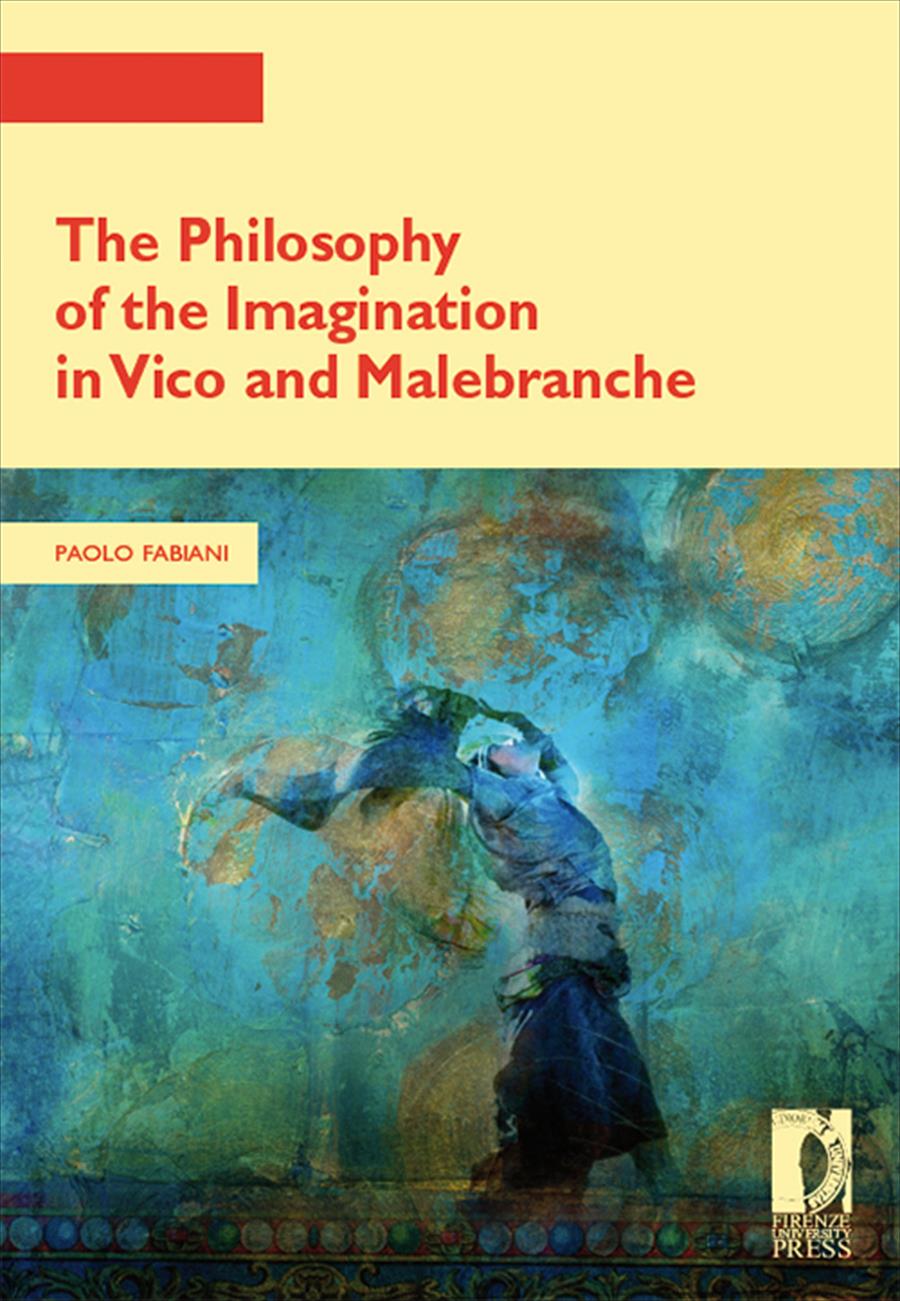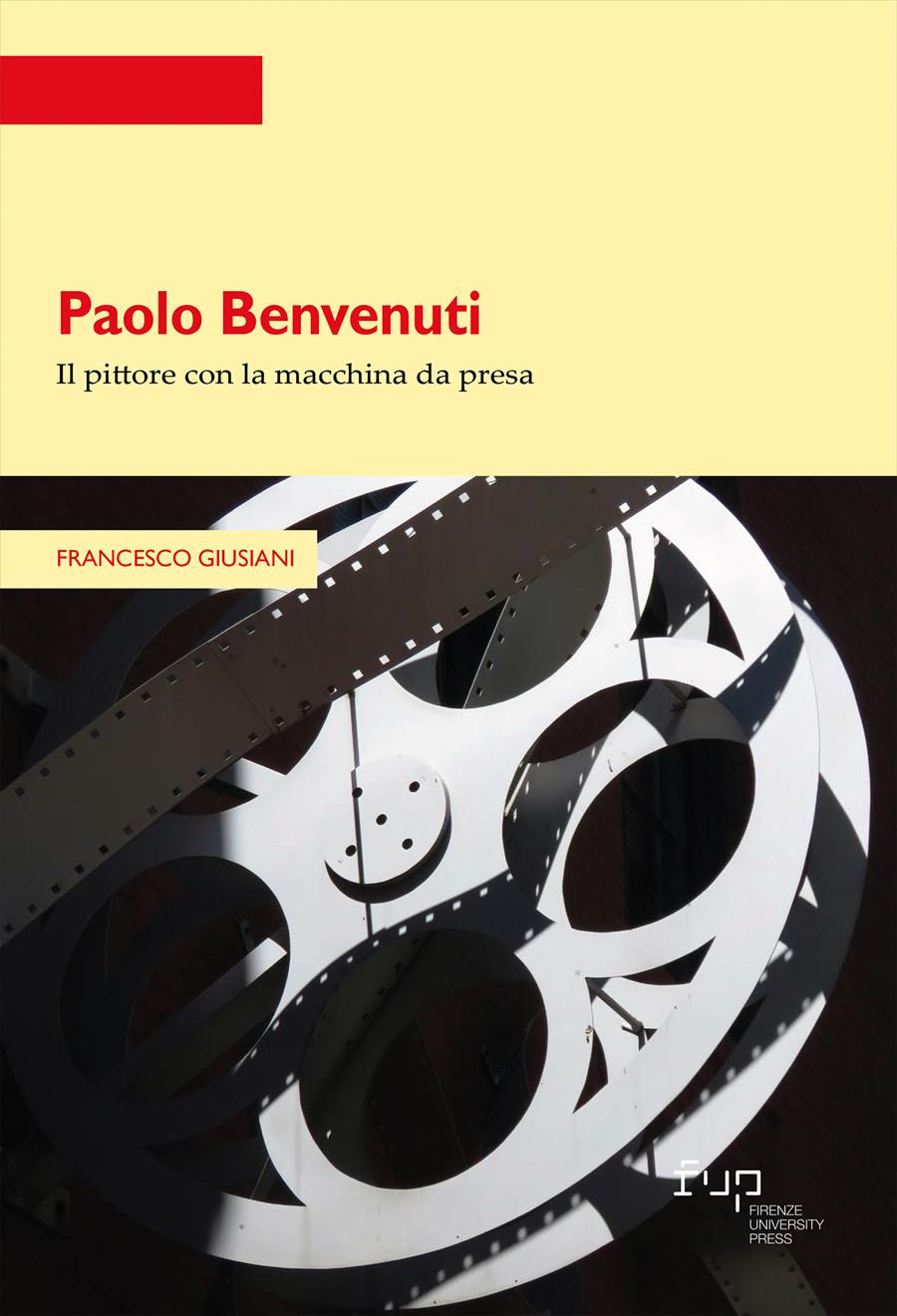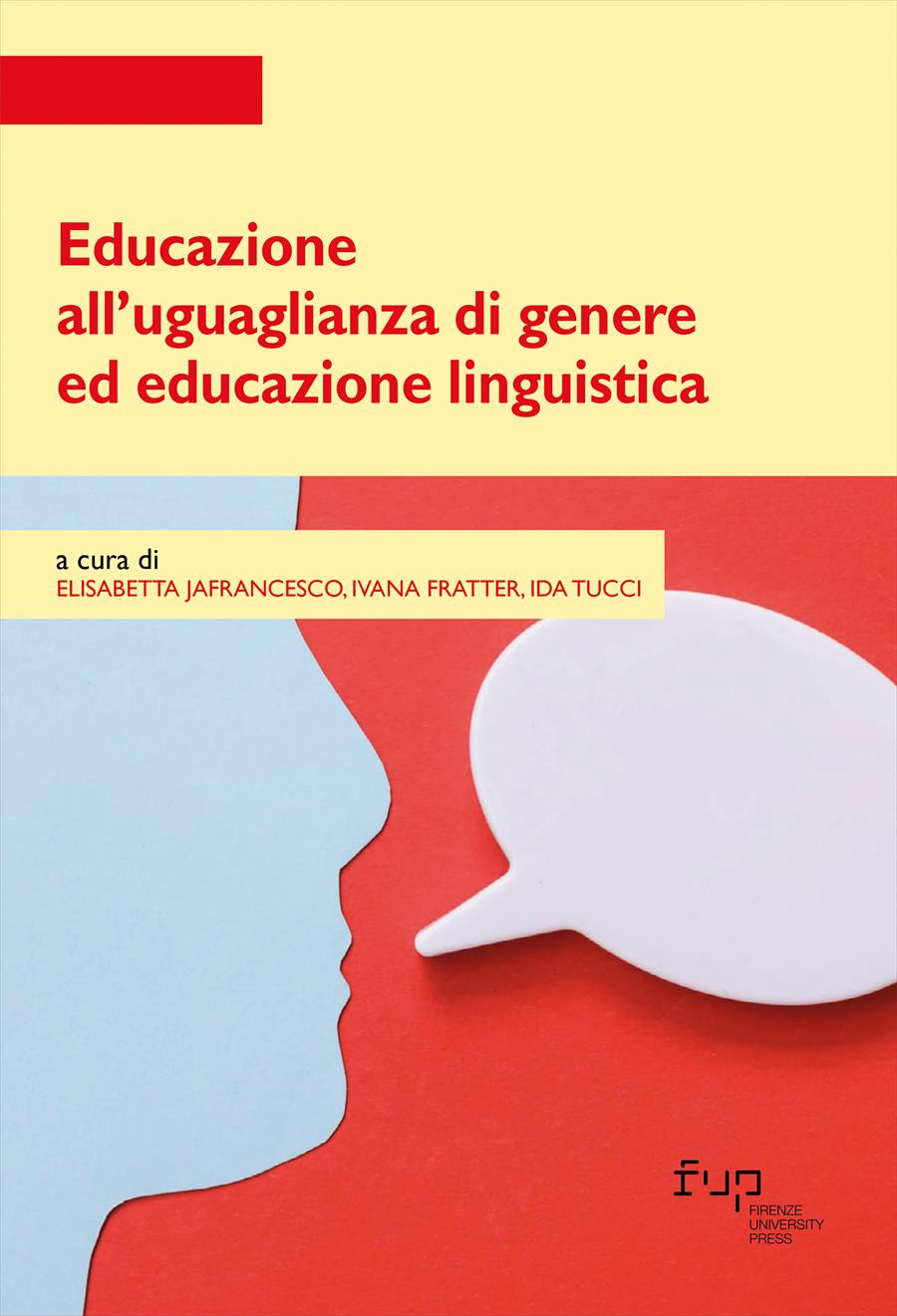The Philosophy of the Imagination in Vico and Malebranche
- Paolo Fabiani,
This book is a retrospective view of modern philosophical anthropology through the works of two of its greatest exponents. the author demonstrates how mythology, the philosophy of history and language and Vico's concept of man had as a constant referral point Malebranche's psychology with its Cartesian formulation. The idolatrous and mythopoietic imagination that is described in La Scienza Nuova (New Science) has much in common with the "pagan" mind (that is to say the mind subjugated to passions, sensitivity and fantasy that is described in La Recherche (The Search after Truth). Some of the themes discussed here are myth, the metaphoric nature of thought, idolatry, the formation of mentality, the relationships which bind passions and representations and the association of ideas through iconic images. Also discussed are other themes such as the structure of society and imagination, imitation, persuasion and social relationships, communication within society between illustrious imaginations. Moreover in Malebranche has been found a complex and complete theory of imaginative universals (universali fantastici).
- Keywords:
- Filosofia,
- storia della filosofia,
- Filosofia del linguaggio,
- Giambattista Vico,
- Nicolas Malebranche,
- Open Access,
- DOI: 10.36253/978-88-6453-068-0
- Series: Strumenti per la didattica e la ricerca
- Scientific Board: Consiglio Editoriale FUP 2007-2010
- Language: English
- Subjects: Philosophy
Giorgio A. Pinton completed his education in Italy at the Aloysianum under the direction of the Society of Jesus (B.A. in philosophy). In United States, he studied at the Hartford Seminary foundation (Ph.D. in Renaissance philosophical and theological studies) and University of Hartford (M.A. in education). He has taught at the University of Connecticut, University of Hartford, and the Trinity College. Pinton has published a lot of studies, his translations of Giambattista Vico's latin writings are Universal right, The art of rhetoric, Inaugural orations, Statecraft (the deeds of Antonio Carafa). He has translated from Italian also The history of Italian Philosophy of Eugenio Garin.
- Publication Year: 2009
- Pages: 420
- eISBN: 978-88-6453-068-0
- Content License: CC BY-ND 3.0 IT
- © 2009 Author(s)
- Publication Year: 2009
- eISBN: 978-88-9273-730-3
- Content License: CC BY-ND 3.0 IT
- © 2009 Author(s)
- Publication Year: 2009
- Pages: 420
- ISBN: 978-88-6453-066-6
- Content License: CC BY-ND 3.0 IT
- © 2009 Author(s)
Bibliographic Information
Book Title
The Philosophy of the Imagination in Vico and Malebranche
Authors
Paolo Fabiani
Peer Reviewed
Number of Pages
420
Publication Year
2009
Copyright Information
© 2009 Author(s)
Content License
Metadata License
Publisher Name
Firenze University Press
DOI
10.36253/978-88-6453-068-0
ISBN Print
978-88-6453-066-6
eISBN (pdf)
978-88-6453-068-0
eISBN (xml)
978-88-9273-730-3
Series Title
Strumenti per la didattica e la ricerca
Series ISSN
2704-6249
Series E-ISSN
2704-5870






